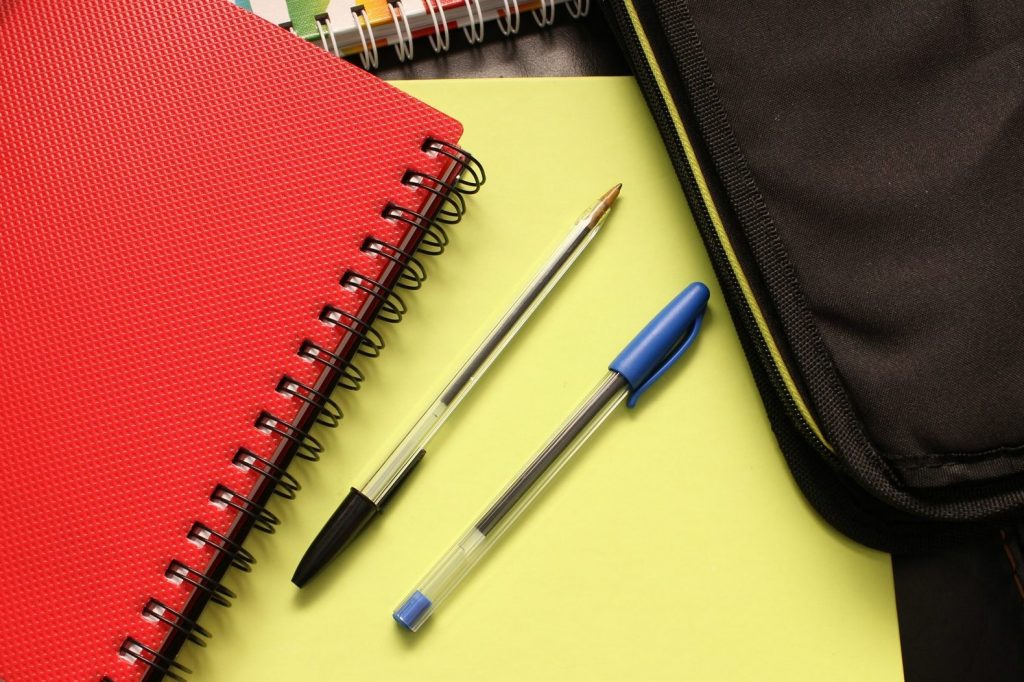Dr Lindsey Cameron, a social developmental psychologist at the School of Psychology, provides her advice on how parents and guardians can help children emotionally adjust to their new school life following the COVID-19 lockdown. She said:
‘For many children and their families, the return to school will be a welcome relief from a long lock-down. It’s also likely to provoke mixed emotions: many parents will be worried about the health risks of returning to school, and the new routines and requirements. All of this alongside the financial pressures, and lack of job security, that many families are facing, it’s easy to feel overwhelmed and for emotions to run high. The next few months may well feel like an emotional rollercoaster as our children adjust to the ‘new normal’.’
Dr Cameron’s top tips are:
- Be kind to yourself and each other.
We’re all doing our best in difficult circumstances – schools, parents and children are all getting their heads around what’s required in the ‘new normal’. Situations will change, information will be lost, we’ll all take time to adjust so try to be patient and give each other a break.
- Watch, listen and be patient.
Children may have worries about going back to school. Take time to check in with children and ask how they’re feeling, be mindful of their behaviour, watch for signs that they are unhappy or worried, and talk to your children and school if needed.
- School will be different.
It’s a fact that school will be different. Make sure children understand this and try and keep their expectations realistic. Share as much information as you can with children about changes to their school’s routine and safety measures, but also communicate that the school will do everything they can to make sure learning will still be fun.
- Stay positive in front of your children.
Maintain a positive attitude about being at school when around your children. Give yourself time to discuss any fears or anxieties you have with friends, family and the school but away from your children who will pick up on your anxieties.
- Contain your excitement.
Some parents will be very happy about the return to school, but your children may be feeling more apprehensive. Try not to build up the return to school too much and try not to be disappointed if your children do not share your excitement.
- Ease in gently.
Children are likely to be exhausted at the end of the day due to the change in gear. Schools will be aware of the need for an adjustment period. You can help by not overloading extra-curricular activities and giving children down time to process the day, doing something they enjoy.
- Be proud of yourselves and your children.
You have shown incredible resilience and strength in the past six months. Make sure your children know that you have all overcome so much already – you’ve got this.
Dr Lindsey Cameron‘s area of research is social developmental psychology. She is interested in how children become ‘social beings’: how do children develop the social knowledge and skills that we have as adults take for granted?

